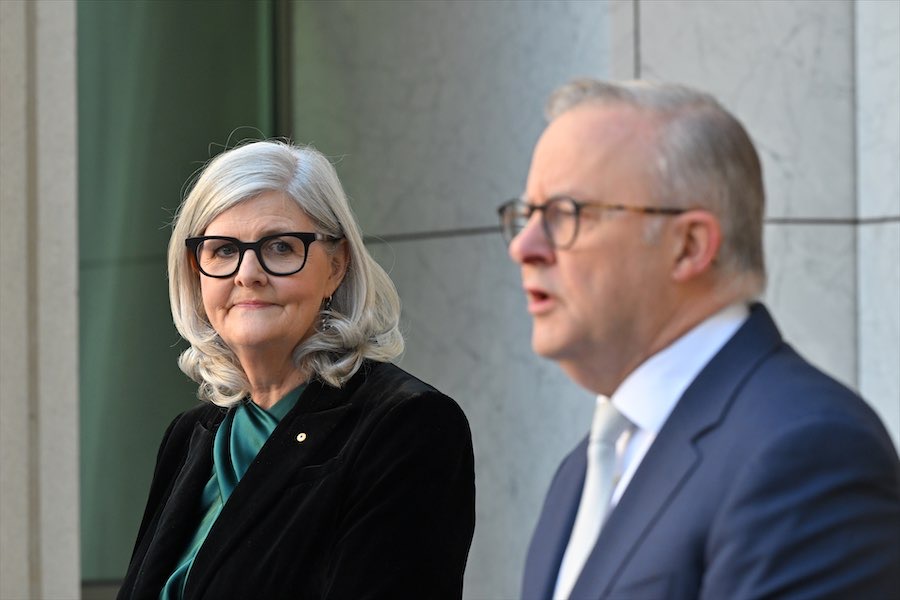
“As the British Empire expanded, it brought in words from other languages such as Indian ‘taboo’ and ‘pukka’, and Egyptian ‘elephant’ and ‘ebony’,” writes “Whimsy” columnist CLIVE WILLIAMS.
I WONDER if those who complain about the British invasion of Australia are aware of the number of times Britain itself was invaded?

My particular interest is the influence of invasions on the language spoken by the inhabitants.
Invasion has certainly had a major impact on the development of modern English – both from Britain being invaded and then invading other countries in turn – and explains why English contains so many “foreign” words.
In turn, English has affected most other languages. Sometimes you can even pick up the gist of a foreign conversation from the number of English words used, as with modern Hindi.
Before the Roman invasion in 55 BC, the inhabitants of Britain spoke a Celtic dialect. Although the Roman commanders spoke educated Latin, most soldiers in the Roman Empire came from Africa, France, Germany, Spain and the Middle East and their common language was a basic pidgin Latin.
Classical Latin did not spread widely in Britain until St Augustine arrived in 597 AD to promote Christianity. That’s where we get such terms as per se (in itself) and inter alia (among others).
Later, the Angles, Saxons and Jutes invaded Britain from northern Europe. The language they spoke formed the basis of old English. They gave us the 100 most commonly used words in the English language, including man, child, love, etcetera.
The Vikings began to raid Britain from Scandinavia from the eighth century on, and many stayed, bringing words such as egg, husband, law, and knife.
In 1066 AD, the Normans invaded Britain from France and stayed on as well. They brought French words such as court, parliament, justice, sovereign etcetera. In more modern times, the English language has borrowed other French words, such as chauffeur and bourgeois.
As the British Empire expanded, it brought in words from other languages such as Indian “taboo” and “pukka”, and Egyptian “elephant” and “ebony”.
When Capt Cook arrived in Australia in 1770 on a Cook’s tour, there were hundreds of indigenous languages – possibly as many as 400. It’s estimated there are now only 46 indigenous languages with 42,300 speakers. Of the 46, 11 have fewer than 100 speakers while 11 have more than 1000 speakers.
English has absorbed many Aboriginal words, such as: bilby, billabong, boomerang, cooee, coolabah, corella, corroboree, currawong, dingo, kangaroo, koala, kookaburra, mulga, numbat, quokka, quoll, waratah, witchetty, wombat, woomera and yabby.
The end result of all this linguistic mixing is an English language that is very flexible with umpteen ways of saying anything, and a lack of consistency when it comes to rules about grammar.
To close with a Polish anecdote:
A Polish farmer is tilling his field when suddenly his plough hits something solid. Upon inspection he sees it’s a golden lamp. He opens the lid.
A genie billows out and says to the humble farmer: “Thank you for awakening me. I have been trapped for a thousand years and as a reward I will grant you any wish”.
The farmer ponders and says, “I wish for China to invade Poland!” Perplexed, the genie asks: “But this is Poland, is it not?”
“Yes”, replies the farmer.
The genie can’t figure out why the farmer wants such misfortune brought upon his own people, but works on the wish and, days later, China invades.
Before leaving, the perplexed genie asks the farmer: “Why do you hate Poland so much?”
The farmer responds angrily, “How dare you?! I love Poland more than my own family and life itself.”
Confused, the genie asks: “If that’s the case, why did you wish for China to invade Poland?”
The farmer beams and says conspiratorially: “Because, they had to go through Russia first!”
Clive Williams is a Canberra columnist
Who can be trusted?
In a world of spin and confusion, there’s never been a more important time to support independent journalism in Canberra.
If you trust our work online and want to enforce the power of independent voices, I invite you to make a small contribution.
Every dollar of support is invested back into our journalism to help keep citynews.com.au strong and free.
Thank you,
Ian Meikle, editor





Leave a Reply